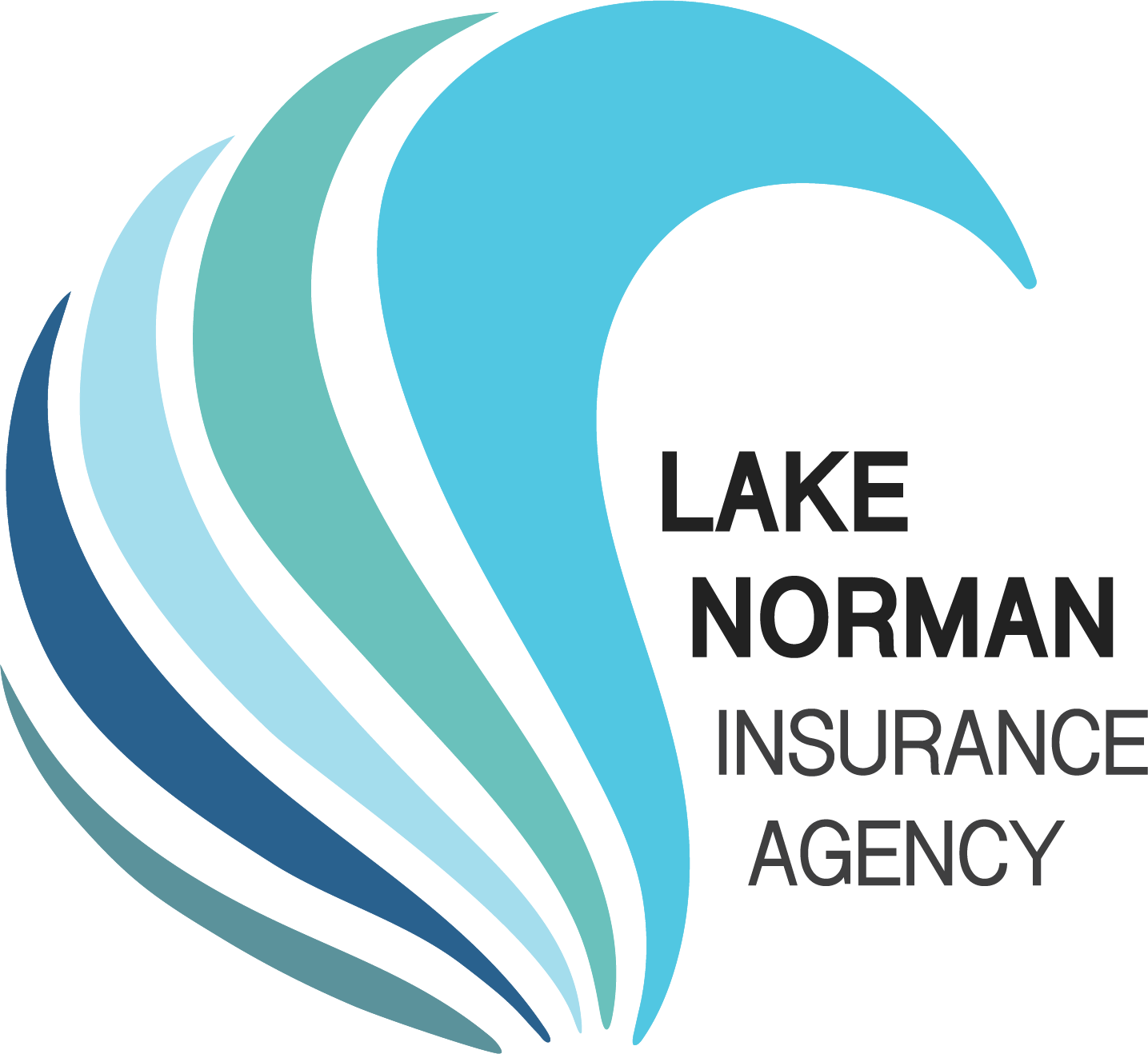
Medicare Plans
Most Common Privately Offered Types Medicare Plans:
Medicare Advantage Plans
Medicare Advantage is part of the Medicare program offered to senior citizens and disabled adults who qualify. Also referred to as Part C plans, Medicare Advantage plans are provided by private insurance companies instead of the federal government. They generally include the same Part A hospital, Part B medical coverage, and Part D prescription drug coverage that Medicare does, with the exception of hospice care. Anyone who joins an advantage plan still has Medicare.
Prescription Drug Plans (PDP)
A prescription drug plan (PDP) is one option for individuals who want to enroll in the Medicare Part D prescription drug coverage, which subsidizes the costs of prescription drugs for enrollees. A prescription drug plan (PDP) is a stand-alone plan, covering only prescription drugs. Enrollees who choose the option of prescription drug coverage through a Medicare Advantage plan would also have coverage for other medical expenses as part of that plan. Enrollees pay a co-pay for each prescription, a monthly premium and an annual deductible.
Private Fee-for-Service (PFFS) Plans
A Medicare PFFS Plan is a type of Medicare Advantage Plan (Part C) offered by a private insurance company. PFFS plans aren’t the same as Original Medicare or Medigap. The plan determines how much it will pay doctors, other health care providers, and hospitals, and how much you must pay when you get care. Prescription drugs may be covered in PFFS Plans. If your PFFS Plan doesn't offer drug coverage, you can join a Medicare Prescription Drug Plan (Part D) to get coverage.
Medicare Supplemental Plans (Medigap)
Coverage provided by private companies designed to pay for costs not covered by Original Medicare. Depending on which plan you get, these costs might include copayments, coinsurance, and deductibles, as well as services Original Medicare doesn't cover, such as travel outside of the U.S.
Medicare Medical Savings Account (MSA) Plans
Medicare MSA Plans combine a high-deductible insurance plan with a medical savings account that you can use to pay for your health care costs. 1.) High-deductible health plan: The first part is a special type of high-deductible Medicare Advantage Plan (Part C). The plan will only begin to cover your costs once you meet a high yearly Deductible , which varies by plan. 2.) Medical Savings Account (MSA): The second part is a special type of savings account. The Medicare MSA Plan deposits money into your account.
Special Needs Plans
A special needs plan (SNP) is a Medicare Advantage (MA) coordinated care plan (CCP) specifically designed to provide targeted care to special needs individuals such A.) An institutionalized individual (I-SNP) B.) a dual eligible, (D-SNP) or C.) An individual with a severe or disabling chronic condition, (C-SNP). A SNP may be any type of MA CCP, including either a local or regional preferred provider organization (i.e., LPPO or RPPO) plan, a health maintenance organization (HMO) plan, or an HMO Point-of-Service (HMO-POS) plan.
